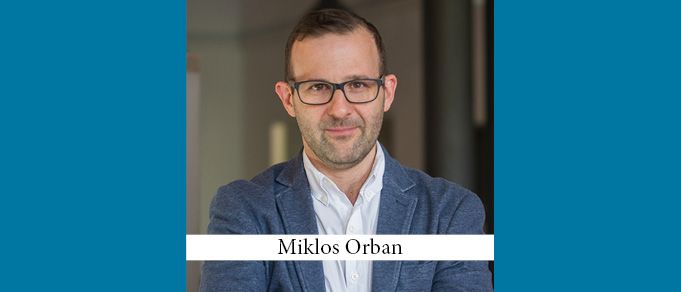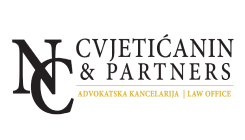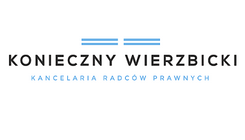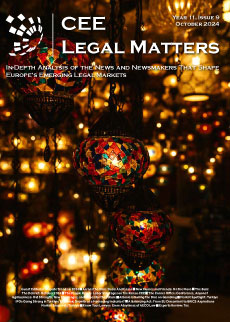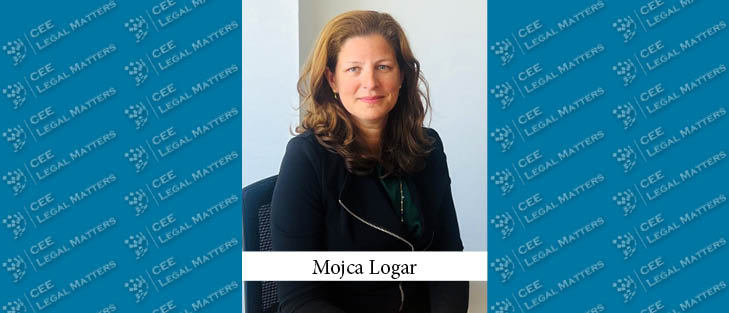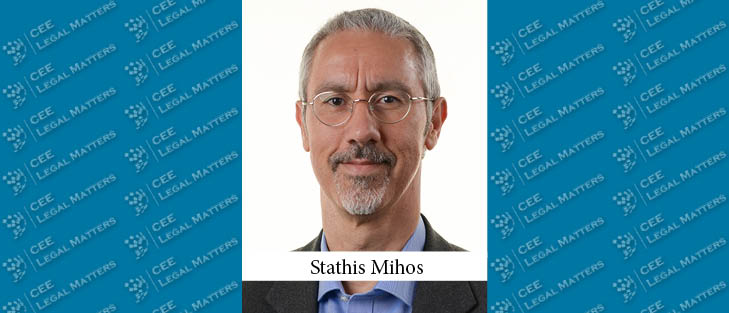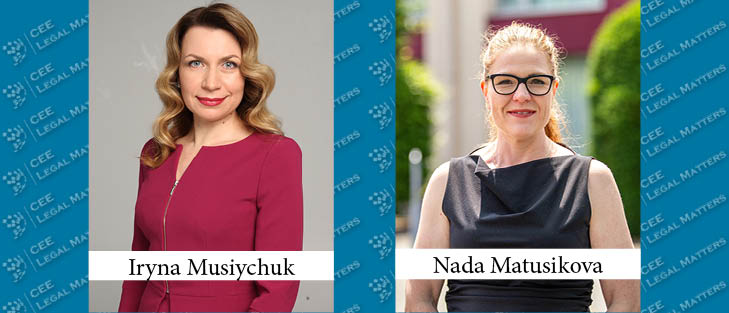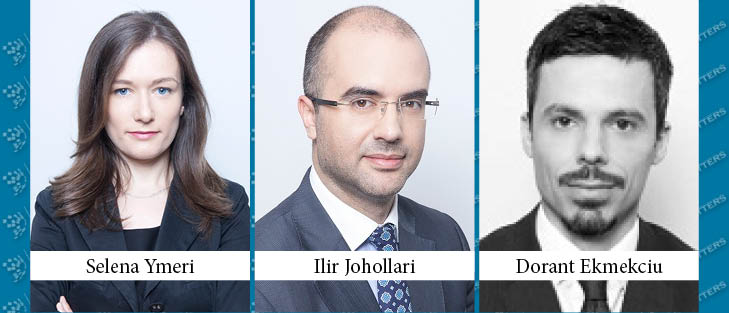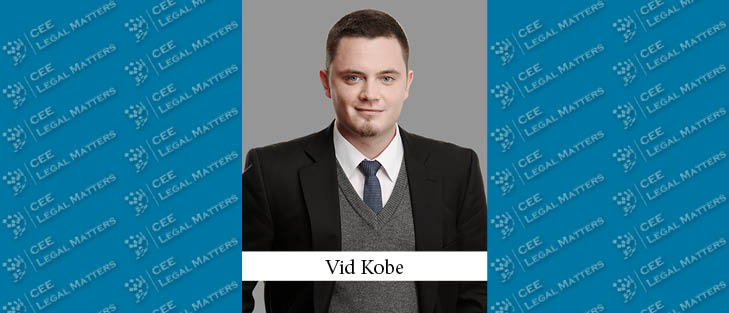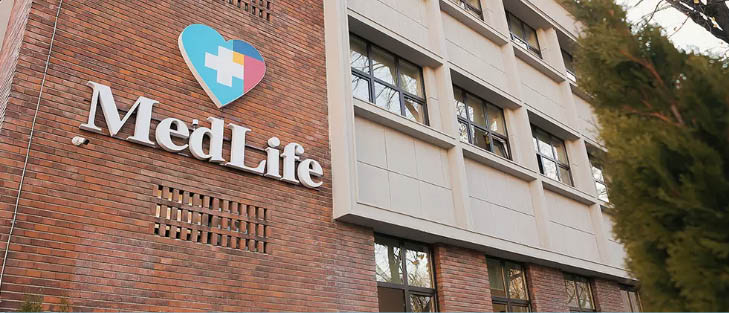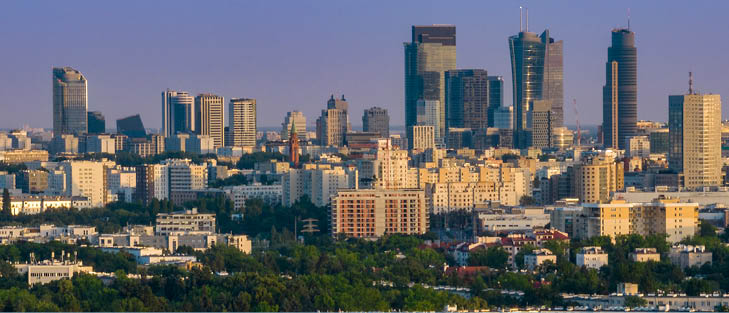Building upon the successes of the three past regional GC Summits in Budapest, Istanbul, and Warsaw, CEE Legal Matters is excited to be hosting the Hungary GC Summit – our first ever country-specific GC event. We sat down with the Chairman of the conference, Miklos Orban, Partner at Orban & Perlaki, to get his thoughts about the upcoming event. More information about the event itself can be found on the event website, here.
CEELM: What was it about the GC Summit concept that first caught your attention and why did OPL decide to become involved?
M.O.: I loved the idea that this conference is being organized by a local team. Similar events are usually organized by international companies with no local knowledge or expertise, and, as a result of this, they often do nothing else but copy and paste the agendas of their other events. Here, we have a great team from CEE with in-depth understanding of the local and regional legal markets and of their needs.
CEELM: In addition to your Chairman responsibilities, you will be speaking on “Innovative Solutions for GCs in Hungary.” Why did you choose this topic?
M.O.: The legal market and the legal profession as a whole are undergoing a huge transformation. Things like this rarely happen in an industry – maybe once or twice in a hundred years. The way lawyers work in law firms and legal departments has not changed too much in the last few decades, except that we use computers and not typewriters, and emails instead of regular mail. However, the current trend of innovation challenges every part of what we do as lawyers: whether or not something should be done by lawyers or by people with other qualifications, whether or not we should automate certain processes, where we want to use artificial intelligence, and so on. For many lawyers in CEE, the trend has not yet affected them personally, but it has had an impact everywhere in Western Europe and the US, and it is definitely coming towards our region too.
CEELM: Is it just technological developments or are there other forces driving this phenomenon?
M.O.: There is an innovation wave triggered by digitalization that has already hit almost every industry, from manufacturing to retail. As a consequence of this, legal departments have been under pressure by management to introduce innovative solutions in order to do things cheaper and more efficiently. But there are other forces at work as well, such as demands for transparency, finance-focused business management, and a new trend of business reporting.
CEELM: Without giving too much away, what can participants expect to hear from you on this topic?
M.O.: An overview mostly: What is the status of this transformative trend? What can we expect? What are the possible ways to use this transformation smartly?
CEELM: Looking at the event agenda, what topics are you excited to hear about the most?
M.O.: You may be surprised, but the debate on balancing business competitiveness and ethics. This is the evergreen topic of every in-house counsel, and I felt it on an everyday basis when I was one. As an in-house lawyer, you don’t have the luxury of keeping a distance from your client, which is the business you are a part of. You are expected to be a business enabler, while sometimes you have to be the one who pulls the hand brake. Where is the line between being business-friendly and legally compliant? That’s not an easy question.
CEELM: If you had to pick one, what aspect of the conference are you most looking forward to?
M.O.: The coffee breaks. That’s when you can talk to people who happen to be in a similar position as you. And that’s what conferences are for: to socialize, share thoughts, and do networking.

